XLR8R’s Best of 2017: Labels
Here are some of the year's best homes for great music, as chosen by the XLR8R staff.
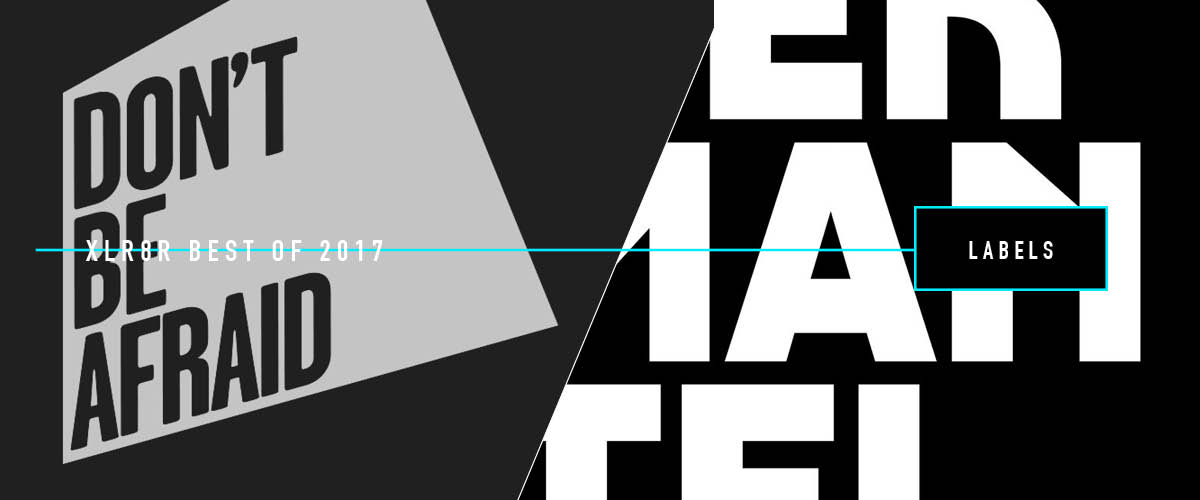
Record labels play a major though often underestimated role in defining our musical tastes. The growth of the internet, and that of Soundcloud and Spotify, has made access to music far easier than it ever has been; with the click of a finger, we can discover a seemingly unlimited pool of digital material—excellent, bad, and just about everything in between. Correspondingly, labels, with the music that they release and push through their channels, act as filters—sifting through this wealth of music, selecting the good stuff, and then releasing it as they see fit. In a world of endless choices, labels make our selection just that little bit manageable.
That being said, a label’s job is naturally challenging. They must dig deep into this bottomless pit of music and then find a voice within it—curating what they find to develop their own brand image. Those who do it well will become shorthand for a specific subgenre—a symbol, if you like, of minimal house or experimental jazz, as examples. Reflecting on this, which labels have had a strong 2017? Which labels have combined strong releases with a clearly defined aesthetic. Here is a list of labels that did just that in 2017.

Was there a label this year that could lay claim to a strike rate like that of Warp? With the release of Brian Eno‘s stunning composition “Reflection” on January 1, Warp kicked off one of its best years yet, unleashing a torrid release schedule that included, among others, a mind-expanding remix album of Gonasufi‘s Callus, Patten‘s rippling Requiem EP, Clark‘s latest album, Death Peak, the widely acclaimed Good Time score by Oneohtrix Point Never, Mount Kimbie‘s Love What Survives album—which also landed in our top releases of the year—a new LP from Bibio, and Kelela‘s R&B opus Take Me Apart. For a label founded in 1989, it’s remarkable that year after year they stay so far ahead of the curve.
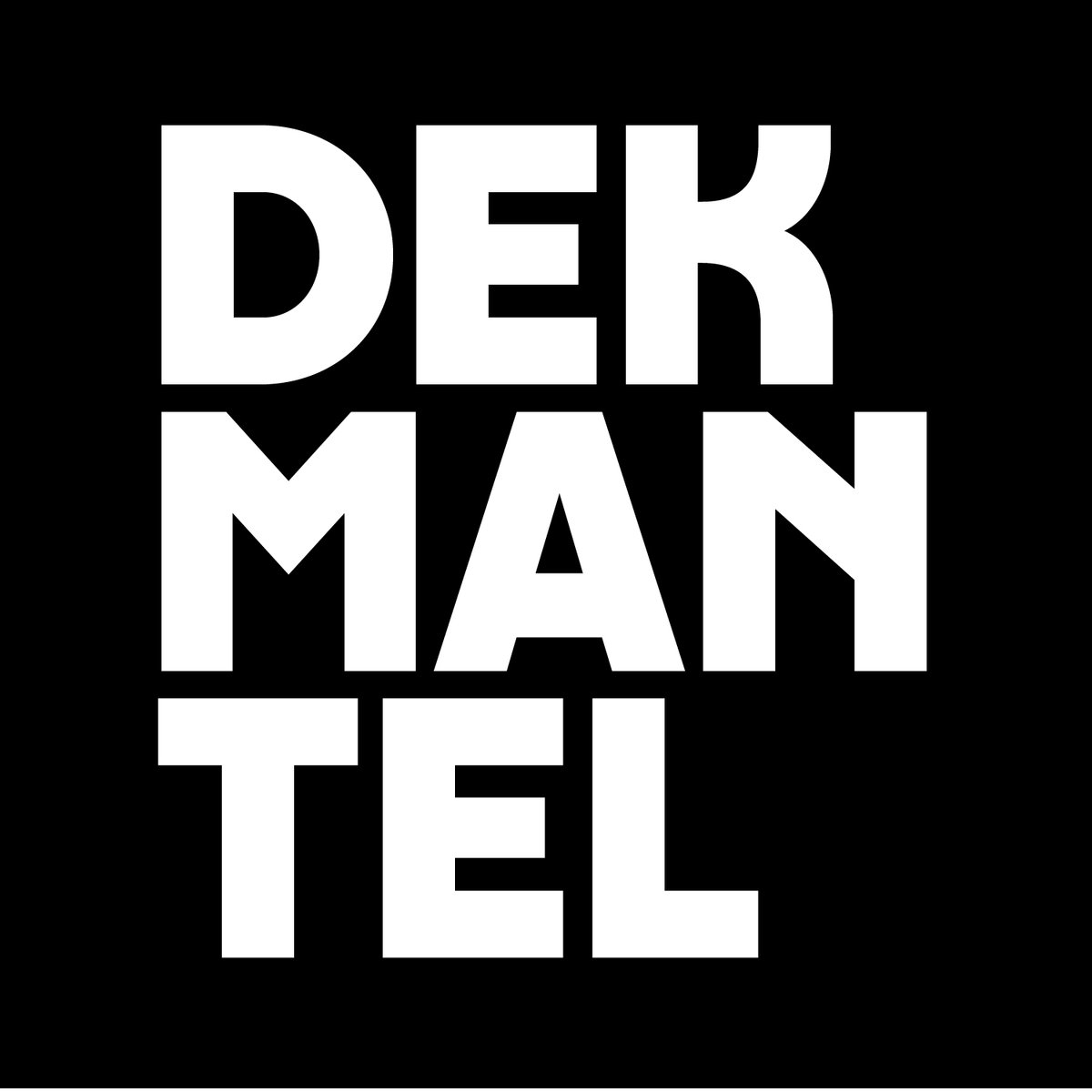
Dekmantel
There wouldn’t be many fans of electronic music that would argue with Dekmantel‘s inclusion on this list. Celebrating 10 years in existence, the Dutch powerhouse kicked off the year with a special ten-part EP series, inviting “producers who are close to their hearts, have been with them since day one or made a big musical impact on the crew” to contribute. This included contributions from Vakula, Roman Flügel, Call Super, Legowelt, Joey Anderson, Ricardo Villalobos, Burnt Friedman, Donato Dozzy, Juju & Jordash, Palms Trax, Motor City Drum Ensemble, Joy Orbison, and Huerco S, among others. That series alone would be enough to warrant the status as one of the labels of the year, but with solo outings from Robert Hood, Awanto 3, Fatima Yamaha, Bufiman, and Dekmantel Selectors compilations from Joy Orbison, Marcel Dettmann, and Young Marco, Dekmantel’s 2017 must be chalked up as a year not to be forgotten anytime soon and a true indication that they are one of the best labels in the game.
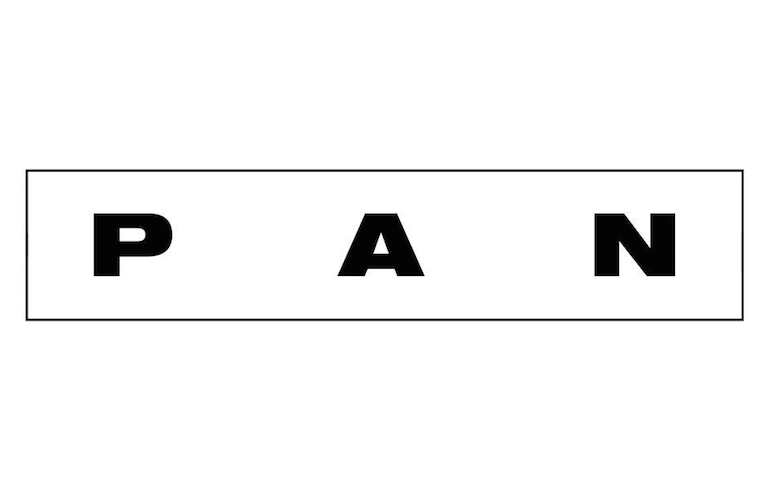
Release schedules don’t get too much busier than that of Bill Kouligas’ PAN imprint. Besides April’s V/A compilation, a 16-track celebration of ambient experimentation, the Berlin-based imprint has shared five (yes, that’s right!) full-length LPs, from Konrad Sprenger, Pan Daijing, STILL, Errorsmith, and M.E.S.H. respectively. Almost all of these came up in advanced discussions when picking our releases of the year. With its broken rhythms and vocals spanning rudeboy MCing to ethereal ladies and squirly samples, only STILL’s I made the final selection, but M.E.S.H.’s mesmerizing sonic environments, Errorsmith’s sophisticated return, and Konrad Sprenger’s rhythmic patterns were memorable moments of cornerstones of a tremendous year for PAN! Add to that the 16 time-stretching compilation works and another high-quality release, and you understand our enthusiasm for adding PAN to this list. Years don’t come too much better.
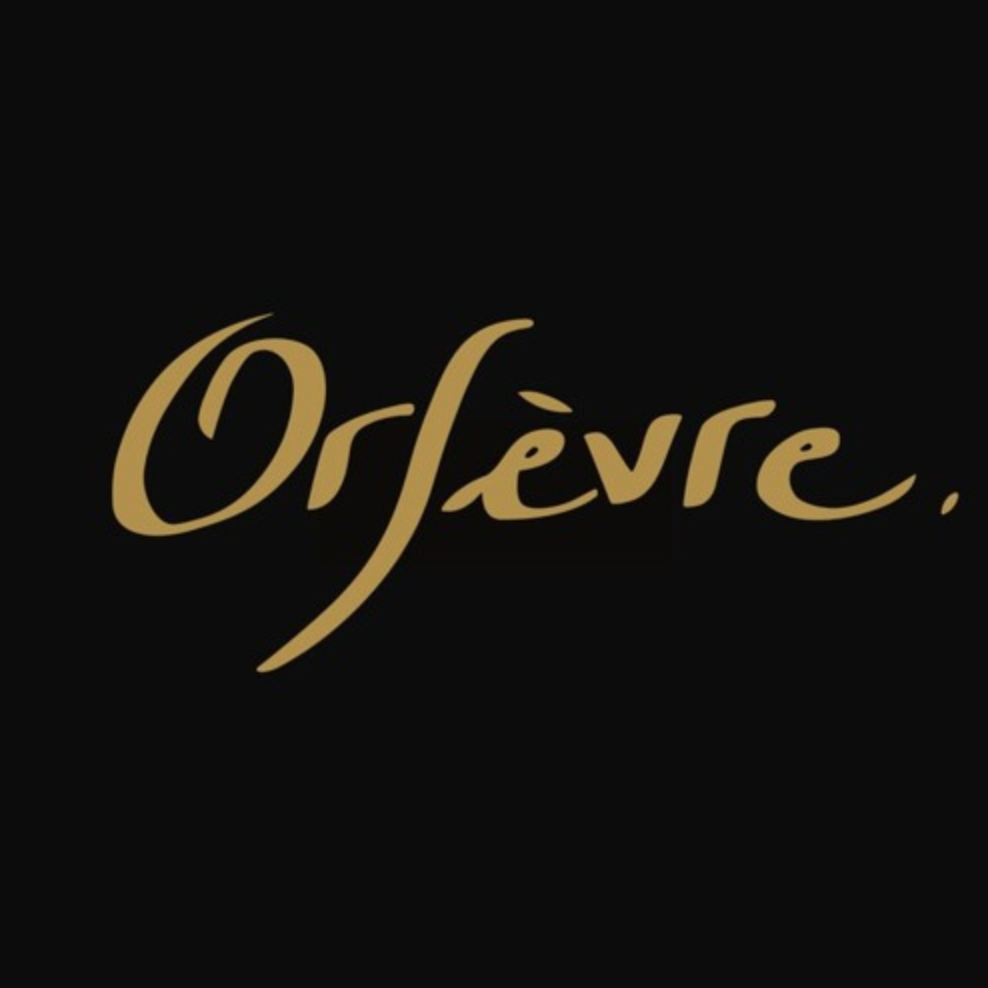
Since last year’s under-the-radar R&B hit “Brown Sugar” by NxxxxxS and Girls Do it Better, Orfèvre—meaning goldsmith—have in 2017 put out a steady stream of tracks from artists Yawil, Reef, Elotomi, and Rami.B. A typical comment on their YouTube channel reads in French “heavy as usual.” It’s an exciting label to follow because there’s a palpable sense of growth and solidarity in the improving videos and loyal fans and because its music represents the current underground of French hip-hop.
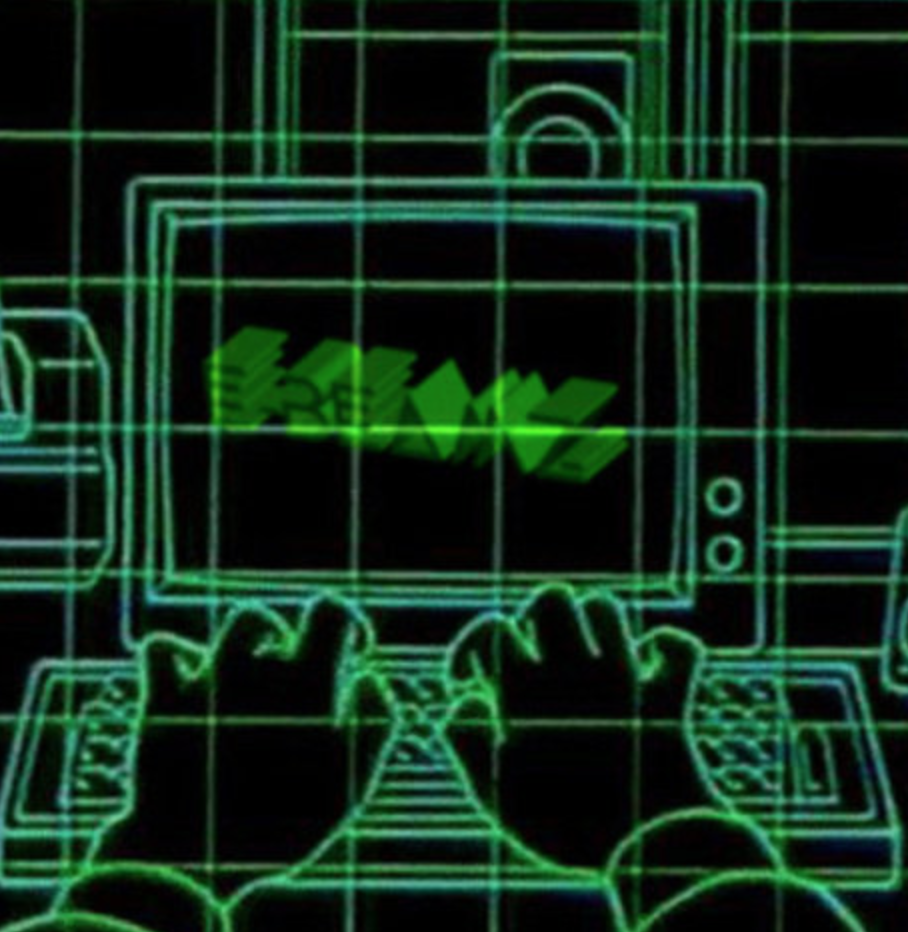
Run by DJ Haus since the end of last year, E-Beamz has all year put out 12”s with house tracks that reference the various currently popular styles like lo-fi and trap. And fitting with the popularity of DJs cutting from low- to high-tempos throughout a set, tunes like DJ Swagger’s “Holly Tool” are handily arranged for transitioning between, for example, hip-hop and house. The label’s graphics are on point with post-internet references and tongue-in-cheek aesthetics like that old screensaver with multicolored pipes. And just check out the artist names: DJ Boring, DJ Longdick, Textasy, DJ Seinfeld, DJ Windows XP, DJ Relationship Goals, and DJ Playstation, amongst others.

The most amazing thing about Ninja Tune isn’t that it’s been around for 27 years, though that kind of longevity is pretty remarkable on its own. No, what’s truly mind-blowing is that the label has managed to span nearly three decades while balancing precariously on the cutting edge. We could go easily write a lengthy essay on how head honchos Matt Black and Jonathan More have broadened the label’s range far, far beyond the leftfield-breaks aesthetic of its early days, or about how Ninja Tune somehow seems to have more musically inquisitive energy than ever—but instead, let’s just list a small sampling of the artists who have released music on Ninja Tune and its sub-labels over the past 12 months. There’s Bonobo, Zomby, Bicep, Dauwd, Nathan Fake, Umfang, Forest Swords, Visionist, Jordan Rakei, Machinedrum, Actress, Hype Williams, Helena Hauff, Coldcut (a.k.a Black and More) x On-U Sound, the Bug vs. Earth, Thundercat, Lapalux…and on and on and on.
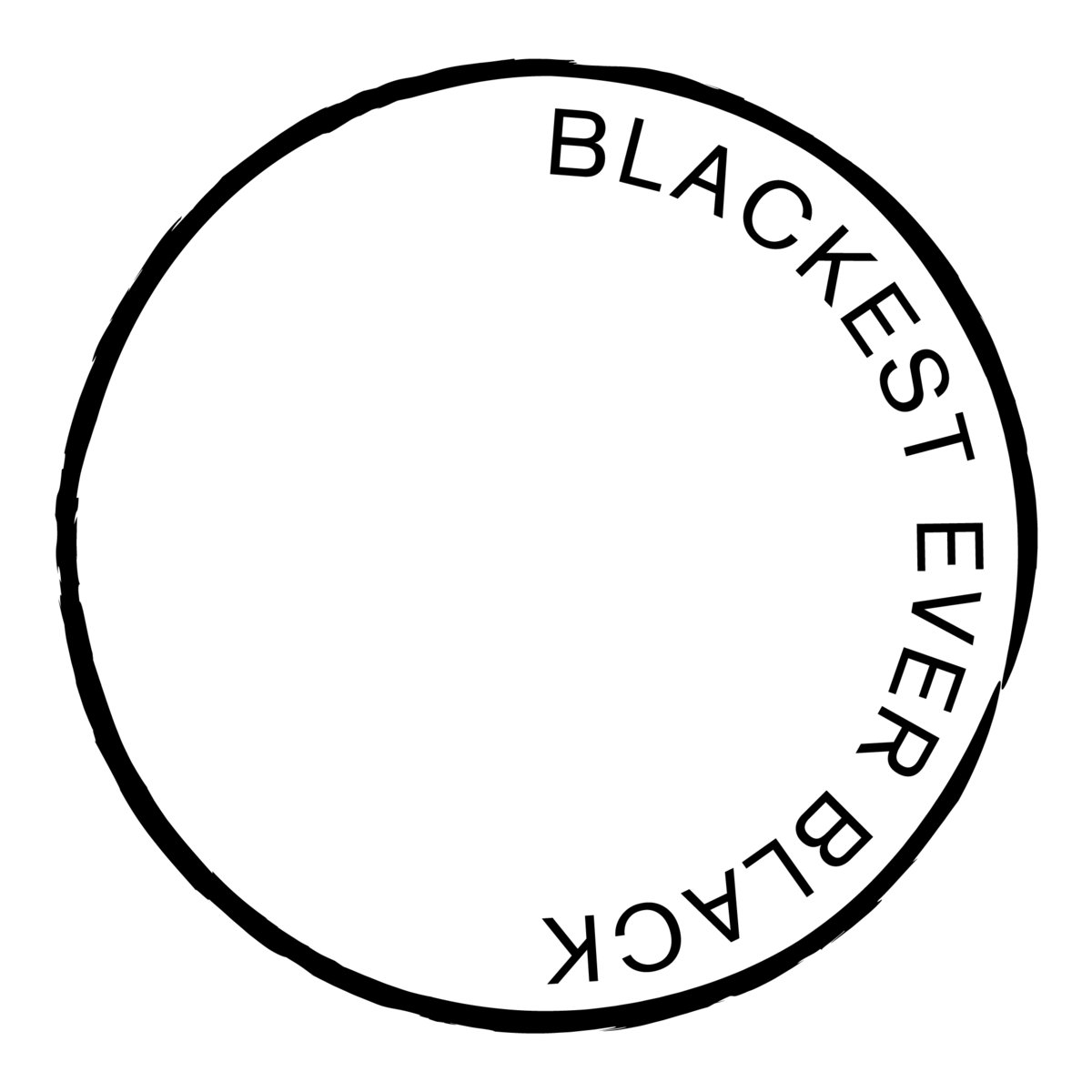
When it began back in 2010, Kiran Sande’s Blackest Ever Black traded in works from the deepest darkest recesses of electronic music’s underground. That’s not to say that in the more recent years it has drastically changed its tact, but as the years have gone by, Sande has gradually cast his net wider, catching outliers on the fringes of genres such as pop and R&B. This year, Sande presented his most wide-reaching release schedule yet, including Carla Dal Forno‘s post-punk-influenced pop outings, Naaahhh’s hard-to-define EP Themes, an exercise in haunting pop from Jabu, dubby brilliance from F Ingers, Pessimist’s self-titled bass masterclass, and, last but certainly not least, the much anticipated return of Regis. Blackest Ever Black continues to impress with every passing year.
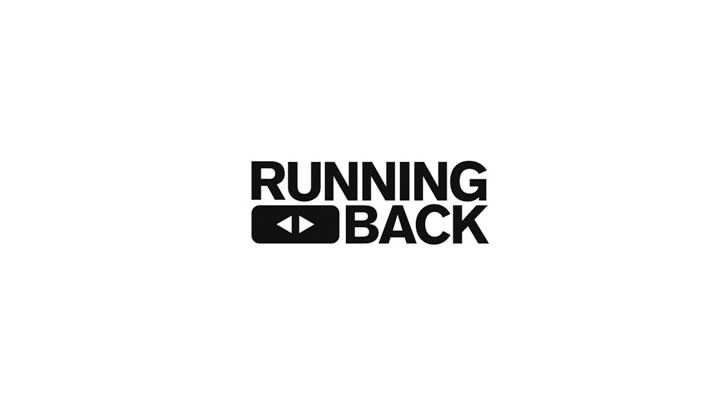
Gerd Janson’s label might belong on the list even if it had one release all year, specifically Running Back Mastermix. Not only does that compilation make clear the strength of the label’s 15-years-and-running discography—it’s brimming with super-solid, often classic-leaning house that jacks and grooves in all the right places—but it was mixed by none other than clubland pioneer Tony Humphries, a longtime hero of Janson’s. Add to that a string of great EPs from the likes of KiNK, Henrik Schwarz, Janson’s Tuff City Kids partner Phillip Lauer, Fort Romeau, and Telephones, among other notables, and it adds up to one of clubland’s most reliable repositories for dance-floor fun.
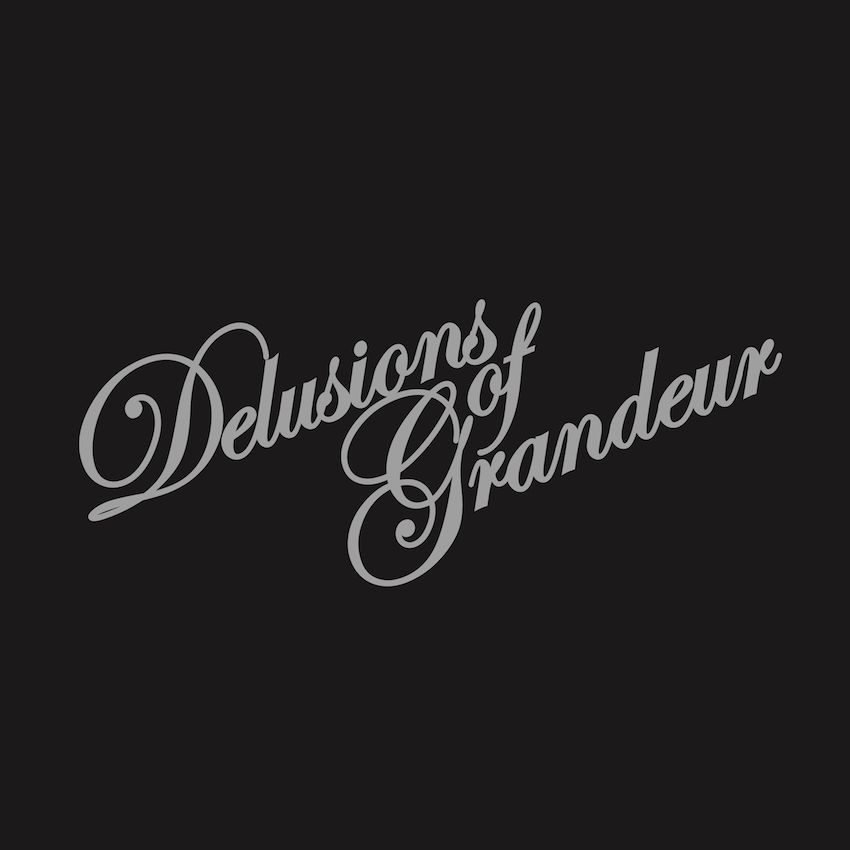
The Delusions of Grandeur imprint has long operated in the shadow of it higher-profile parent label, Freerange–not surprising, as Freerange has 20-plus years of releases to its name, and DoG has less than half that. But the label has spent its time wisely, molding itself into a sanctuary for a summery, dreamland-disco version of dance music that’s immensely satisfying and almost reflexively enjoyable. An excellent album from Session Victim, Listen to Your Heart, was the label’s 2017 centerpiece, but there were also gems from Ron Basejam and Toby Tobias. Best of all was the No Loitering EP from Son of Sound (a.k.a. NYC clubland soldier Henry Maldonado), which was simply one of the most groovesome house 12″s of the year.
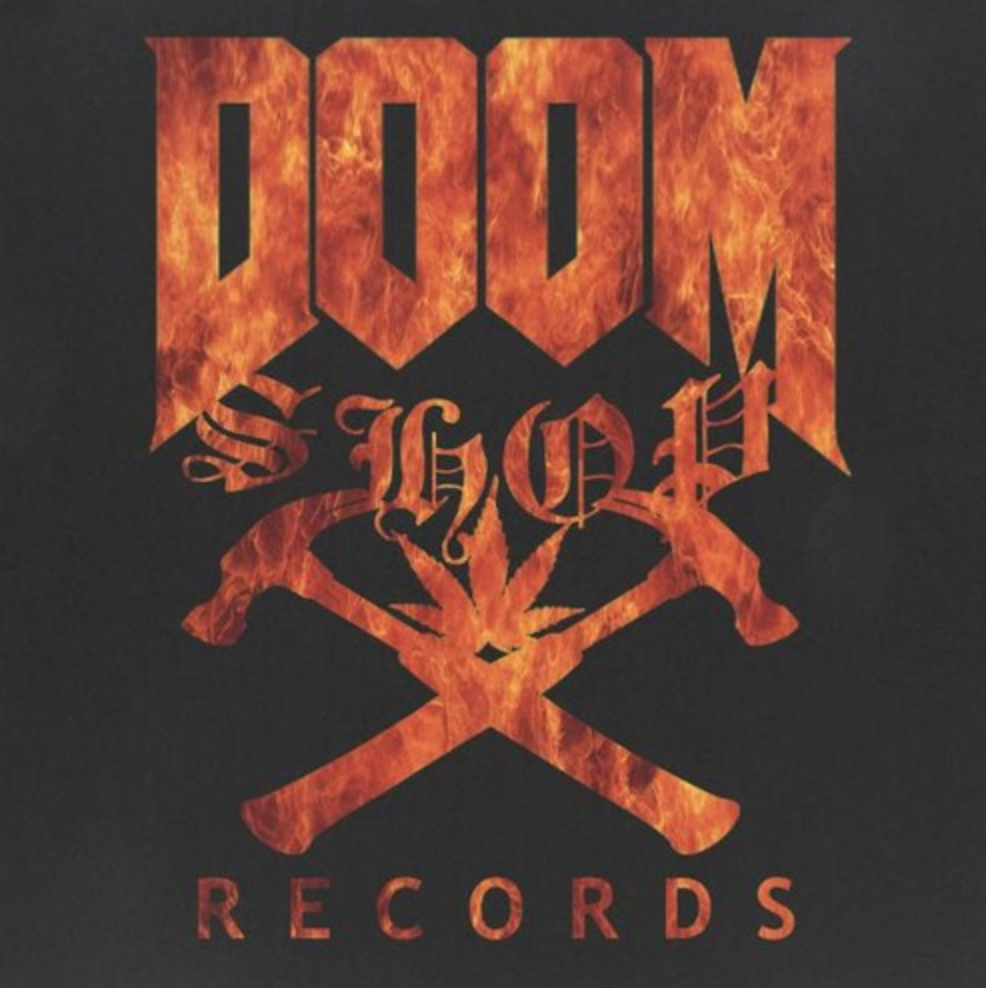
When I first heard tracks like “Take Care Ya Bidness” from Doomshop Records crew members DJ Akoza and Baker, I had no idea whether I was listening to new or vintage trap, dug up by the magic of the internet from ’90s Memphis. There’s tantalizingly little concrete information available. What there is though is an extensive back catalogue to 2014 with mixtapes from the above artists, and producers and rappers like MC Holocaust, Occvlt, Lil Kaine, DJJT, DJ Agony, and Mista Frost. They’re mainly in California, but also Tennesse, Alabama, and Texas. There’s also DJ Sacred repping from Ukraine. With their gothic and carefully trashy visuals, lo-fi sonics, and consistently high standard, Doomshop is one of the key players in the underground post-trap scene.
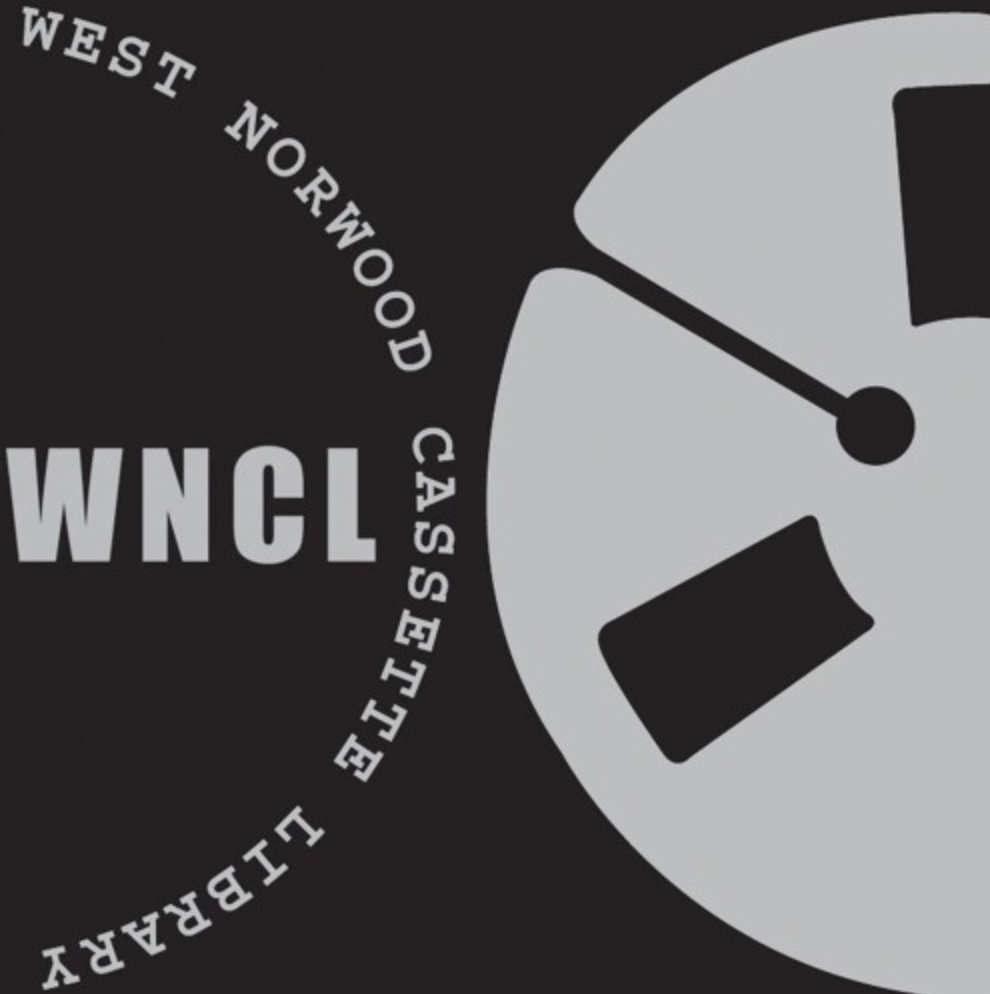
Bob Bhamra’s West Norwood Cassette Library label was on strong form in 2017, uncovering promising producers and opening up new routes in forward-thinking house, techno, and bass music. The label compilation We Are Family Vol.3 contained cuts from established leftfield stars, such as the slamming beats and bubbling acid of Kevin McPhee’s “Short Techno” and the thrilling what-do-you-call-it electro bass of J. Tijn’s “Decimated #30.” Even more exciting though, was rising artist Caldera’s 134% OK EP, with the techno-funk stomp of “Weirdpeoplescavedance,” replete with its Detroit stabs and “work” samples, a particular highlight. Similarly, fresh name Ténèbre supplied the deadly “Jungle Frontier”: a futuristic break beast with sub bass to die for.

DJ Semtek’s long-running, always pioneering imprint went into overdrive this year, with a stunning succession of releases from both new names and established dons. Differ-Ent (DJ Bone’s alter ego) created the off-world techno and metallic electro of the It’s Good to Be Differ-Ent LP; Karen Gwyer delivered her best work yet in the lysergic analogue techno of Rembo; rRoxymore dropped the IDM-infused house and electronics of Thoughts of an Introvert Part 1; and Tr One dropped the sparkling electro disco (and beyond) of A Month Has Passed. In 2017, Don’t Be Afraid was fearless in championing original leftfield music.

MFM has managed to become a sort of blueprint for how a successful reissue label should be run. And for good reasons: the graphics are modern and unobtrusive; the pressings and sound are consistently excellent. The selections run so deep it’s unlikely you’ve heard of the original, but the label’s reputation assures you each one is worth checking out. They don’t do limited runs, so if you love one of the records you won’t be disappointed it’s sold out or overpriced second hand. And very importantly the music is licensed. The reissues market can get pretty shady so it’s great to see a label doing it well.

Fabric’s in-house label, A&Red with unparalleled passion by Rob Booth, had its best year ever. Call Super’s Arpo masterfully managed to combine jazz and electronics in a novel way, and Special Request’s monstrous Belief System shoehorned spiky electro, Kevlar coated jungle and brooding soundtrack compositions into its epic runtime. Second Storey, too, released the excellent IDM, electro and bass music hybrid of Lucid Locations; Guy Andrews fashioned new shapes from post-rock on Tåke; and Akkord returned with the breakbeat reduction of “RCVR”. Few could come close.
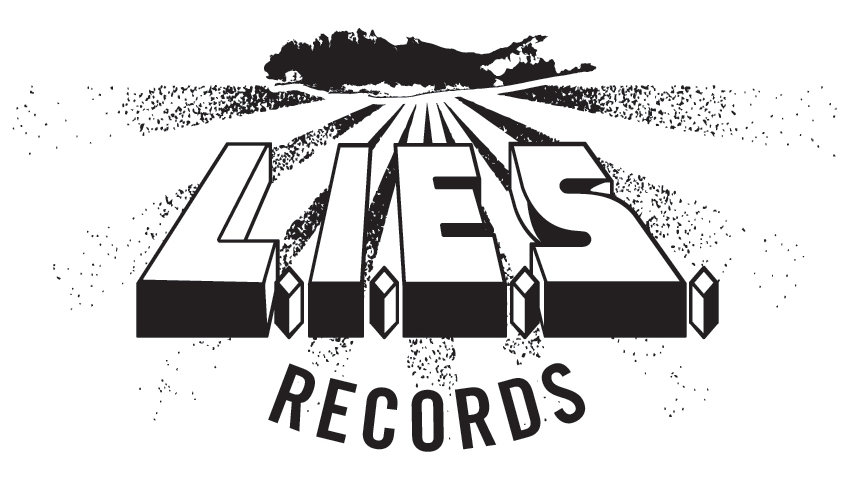
Two releases from Ron Morelli‘s L.I.E.S. imprint were included among of best releases of 2017, namely Broken English Club‘s The English Beach and Tzusing‘s 東方不敗. The former saw Oliver Ho deliver 12 tracks varying from club techno cuts to highly experimental and often theatrical industrial music; while the latter saw Tzusing blend gut-churning industrial grooves with twisted melodies— confirmation that the Malaysian-born, Taipei-based artists sits at the forefront of techno’s new wave. The Brooklyn-founded label is deserving of its place on this list for these year-defining releases alone.
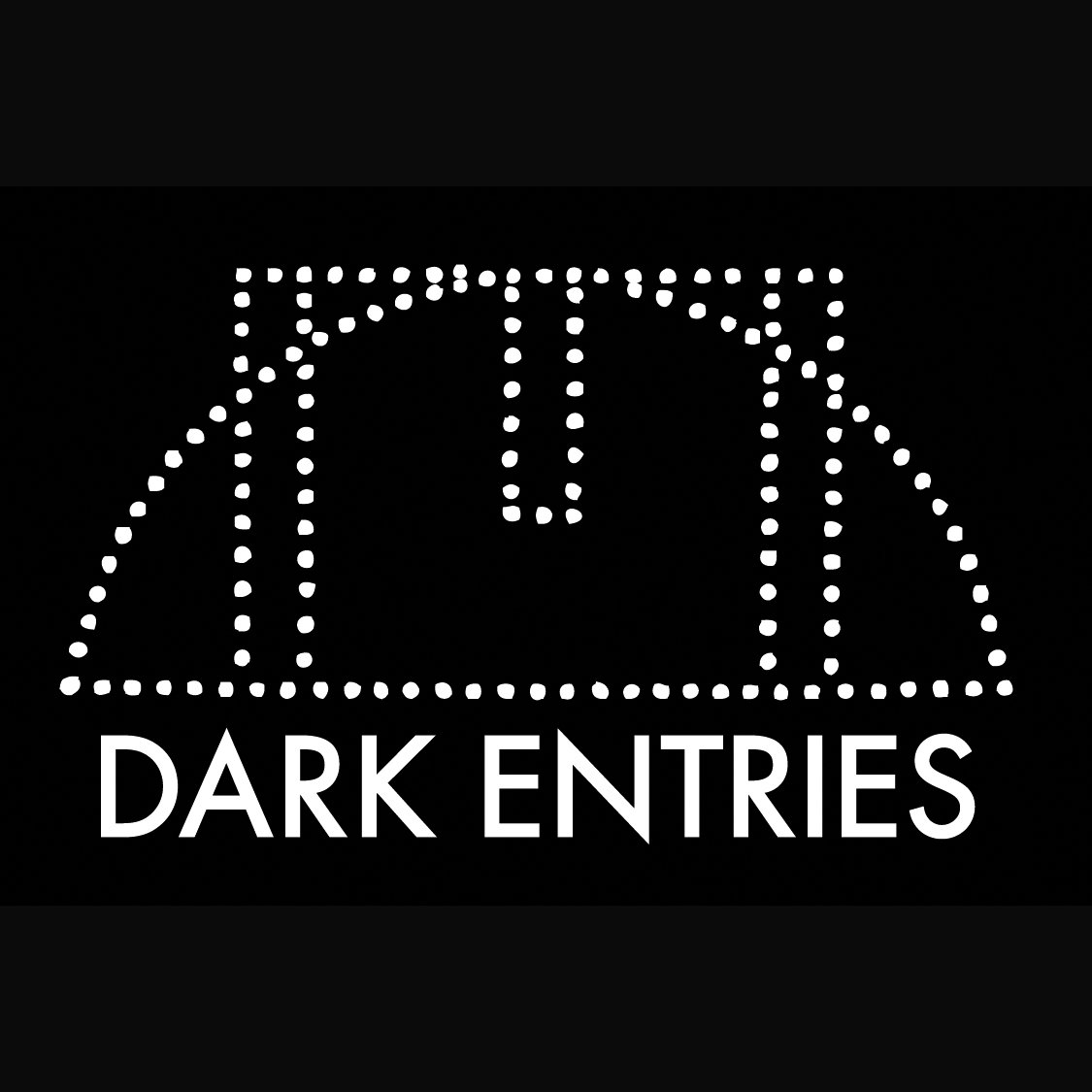
San Francisco label Dark Entries hit well over 50 releases this year. Now, for most labels, this would almost certainly allude to a dip in quality, but look closely and you’ll see that nearly every new release and re-issue was up there with some of the most exciting music of the year. There was early psychedelic synth experiments sitting next to heads down techno and forgotten, pioneering post-punk. To give you a digestible wrap-up, the label dropped outings from Helena Hauff, Bézier, Bill Converse, Severed Heads, Lena Platonos, Codek, Hypnobeat, The Hacker, and a sprawling retrospective of Patrick Cowley, among many many others. Sit down, start digging, and you’ll have your mind blown.
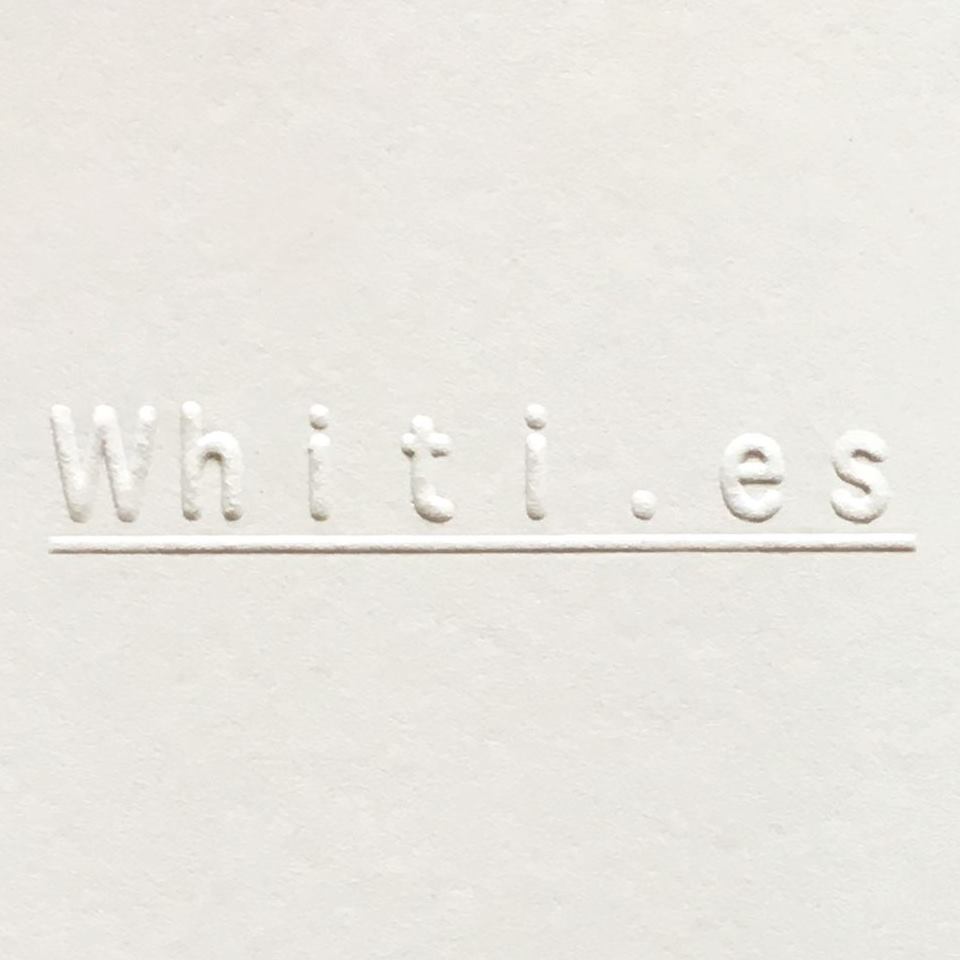
Few could deny Nic Tasker’s London-based label a spot on this list. It’s been another year of quality rather than quantity, with releases from Jules Venturini, Coby Sey, Lanark Artefax, Minor Science, and Avalon Emerson—who returned to the label last year’s Whities 006 EP. But this once again has proven to be a fruitful strategy, and credit must be given to the Tasker for his intelligent selections. Lanark Artefax and Minor Science’s abstract, bass-driven, contributions were particularly memorable.

Lee Gamble’s UIQ has only had nine releases since 2015 but it’s one of those labels that has such a strong and clear identity—both musical and visual—that you know they aren’t just pumping out records for money, power, and fame. This project is driven by love. The standard is reliably high and challenging, no quick gratification here. The listener is rewarded with attention, good audio reproduction, and repeated listening. From last year’s peak discovery of the Lanark Artefax EP (which I listen to all the way through at different speeds depending on mood) to this year’s N1L Ikea Zen EP, with sound design that is virtuosic and alive, and tracks ranging from four-four to wildly abstract. UIQ is at the avant-garde of digital dance music.
Words from Ben Murphy, Dan Cole, Anton Lang, Bruce Tantum, and XLR8R Staff.

